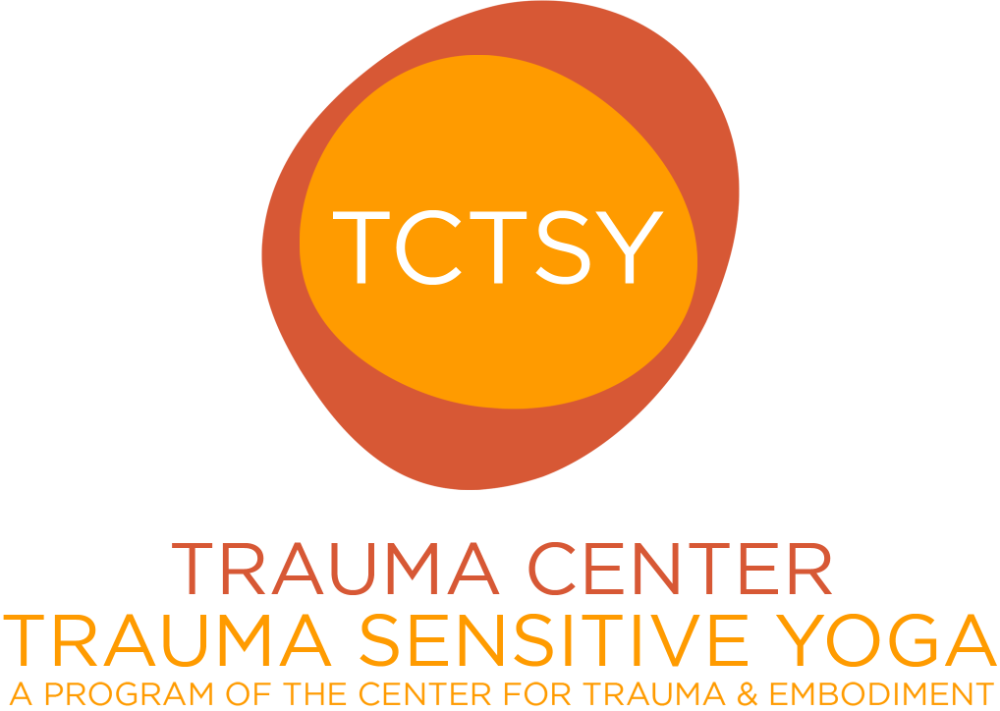TCTSY Trauma Sensitive Yoga originated in Massachusetts in 2002. Over 20 years later, it reaches trauma survivors in 50+ countries and counting.
TCTSY is the Original Yoga for Trauma.
TCTSY is the first yoga-based, empirically validated clinical intervention for complex trauma or chronic, treatment-resistant post-traumatic stress disorder (PTSD).
Developed originally at the Trauma Center in Brookline, Massachusetts by Dave Emerson and Jenn Turner, in collaboration with Dr. Bessel van der Kolk, Trauma Center Trauma Sensitive Yoga (TCTSY) is now a program of the Center for Trauma and Embodiment, a non-profit organization dedicated to training and educating trauma-informed professionals around the world in innovative interventions for treating trauma.
1500+
Facilitators Trained since 2014
40,000+
People Served Each Year
20+
Years of Original Research
How TCTSY Works
The TCTSY methodology is based on central components of the hatha style of yoga, where participants engage in a series of physical forms and movements. Elements of standard hatha yoga are modified to maximize experiences of empowerment and to cultivate a more positive relationship to one's body.
Safety and Relationship Are Essential
Unlike many public yoga classes, TCTSY does not use physical hands-on adjustments to influence a participant's physical form. Rather, TCTSY presents opportunities for participants to be in charge of themselves based on a felt sense of their own body. Trauma takes hold in the absence of choice or agency. TCTSY seeks to reverse this.
Although TCTSY employs physical forms and movements, the emphasis is not on the external expression or appearance (i.e. doing it"right"), or receiving the approval of an external authority. Rather, the focus is on the internal experience of the participant.
This shift in orientation, from the external to the internal, is a key attribute of TCTSY as a treatment for complex trauma and PTSD. With our approach, the power resides within the individual, not the TCTSY facilitator (TCTSY-F).
Further, by focusing on the felt sense of the body to inform choice-making, TCTSY allows participants to restore their connection of mind and body and cultivate a sense of agency that is often compromised as a result of trauma.
All TCTSY facilitators, staff, trainers, and mentors are required to agree and adhere to our ethical guidelines, or as we call them, Ways of Being.

Decades of Research & Collaboration
The development of Trauma Center Trauma-Sensitive Yoga (TCTSY) began in 2001, when Dave Emerson founded the Black Lotus Yoga Project (BLYP)—a nonprofit created to bring trauma-informed yoga to individuals living with post-traumatic stress disorder (PTSD). In 2002, Dave began collaborating with Bessel van der Kolk, MD, Medical Director of the Trauma Center in Brookline, Massachusetts. Together, they launched early group and individual yoga sessions for trauma survivors and initiated two pilot studies exploring yoga as a treatment adjunct for trauma.
From 2002 to 2006, Dave continued running BLYP independently while collaborating with the Trauma Center, officially joining the Trauma Center staff in 2006. His early collaborators included yoga teachers Jodina Carey and Dana Moore, whose involvement from 2004 to 2006 helped shape the early structure and sensibilities of the work.
Also critical to these foundational years were the collective efforts of clinicians, graduate students, and post-doctoral fellows at the Trauma Center; yoga teachers across the Boston area; and the participants themselves, who generously shared their experiences and insights. Key community partnerships also supported this early phase—Healthworks for Women and Back Bay Yoga in Boston offered space for pilot sessions, allowing the team to refine the model in real-world settings. Findings from this period were shared in the 2006 paper Clinical Implications of Neuroscience Research.
In 2006, with growing interest and momentum, the team began offering public trainings in the developing model. In 2007, Jenn Turner joined the group, bringing her unique grounding and trauma-informed sensibility to the work.
In 2008, TCTSY received the first-ever grant from the National Institutes of Health to study yoga as an adjunct treatment for trauma. That same year, the team was invited to Marine Corps Base Camp Lejeune to offer sessions to returning Marines with PTSD.
In 2009, Emerson, Turner, and colleagues published the first peer-reviewed article on trauma-sensitive yoga in the International Journal of Yoga Therapy, helping to establish the model's relevance in clinical and somatic therapy fields.
In 2011, Dave Emerson and Elizabeth Hopper, PhD, co-authored the first book on the subject, Overcoming Trauma Through Yoga: Reclaiming Your Body, with a forewords by Peter Levine, PhD and Stephen Cope and an introduction by Dr. van der Kolk. The book bridged the fields of yoga, trauma theory, and psychotherapy.
In 2014, a landmark randomized controlled trial was published in the Journal of Clinical Psychiatry. Co-authored by van der Kolk, Emerson, and a multidisciplinary team, the study established the efficacy of TCTSY for individuals with treatment-resistant PTSD. It has since been replicated and adapted in numerous settings worldwide.
In 2017, TCTSY became the first yoga-based intervention accepted into SAMHSA’s National Registry of Evidence-Based Programs and Practices (NREPP). Although the NREPP was later dismantled by the federal government and replaced with generalized references to yoga as a “complementary therapy,” the inclusion of TCTSY in the registry marked a major milestone in its recognition as a clinical intervention.
By 2018, in response to long-standing challenges around leadership and power dynamics at the Trauma Center—including van der Kolk’s eventual departure—Dave Emerson and Jenn Turner formally launched the Center for Trauma and Embodiment (CFTE) at JRI. CFTE was founded to carry forward TCTSY as its flagship program and to develop other body-first healing modalities grounded in equity, power-sharing, and lived experience.
In 2019, Jenn Turner published Embodied Healing: Survivor and Facilitator Voices from the Practice of Trauma-Sensitive Yoga, a collection of stories and reflections from across the TCTSY community.
In 2021, a pilot study led by Ursula A. Kelly, PhD, of Emory University and the Atlanta VA, further validated TCTSY’s effectiveness with women veterans and survivors of military sexual trauma. Co-authors included Melinda Higgins, PhD; Terri N. Haywood, MPH; Meghna Patel, PhD; David Emerson; Kimberly Hubbard, BA; Jennifer M. Loftis, PhD; and Belle Zacarri, PsyD.
By 2023, the full randomized clinical trial was published in JAMA Network Open, demonstrating that TCTSY led to faster symptom improvement, higher retention rates, and similarly sustained results when compared to Cognitive Processing Therapy (CPT)—a leading evidence-based treatment for PTSD.
Since 2009, TCTSY has been featured in over 40 peer-reviewed publications, doctoral dissertations, and academic journals. It continues to evolve through clinical practice, global trainings, and community partnerships.
2009
International Journal of Yoga Therapy
Trauma-Sensitive Yoga: Principles, Practice, and Research
First Paper Published
2014
Journal of Clinical Psychiatry
Yoga as an Adjunctive Treatment for Posttraumatic Stress Disorder: A Randomized Controlled Trial
First Study Published
2017
US NREPP
TCTSY listed as an evidence-based practice on the U.S. National Registry of Evidence-based Programs and Practices
Major Milestone
2023
JAMA Network Open
Yoga vs Cognitive Processing Therapy for Military Sexual Trauma–Related Posttraumatic Stress Disorder (RCT)
Most Important Study
Sign up for our monthly newsletter
You can unsubscribe at any time. We do not sell your information.



